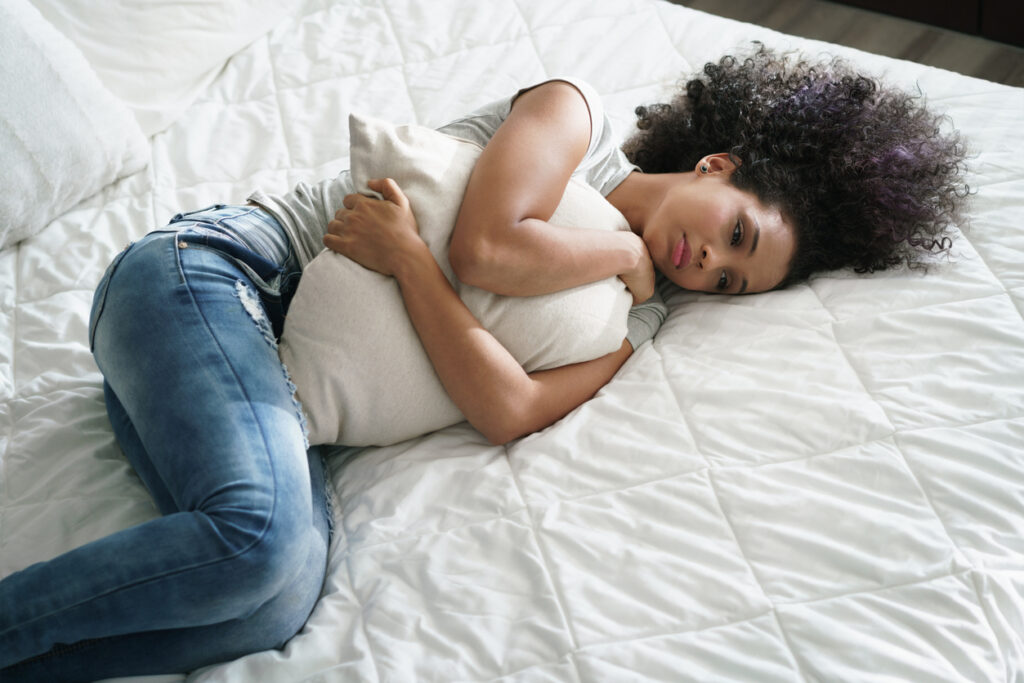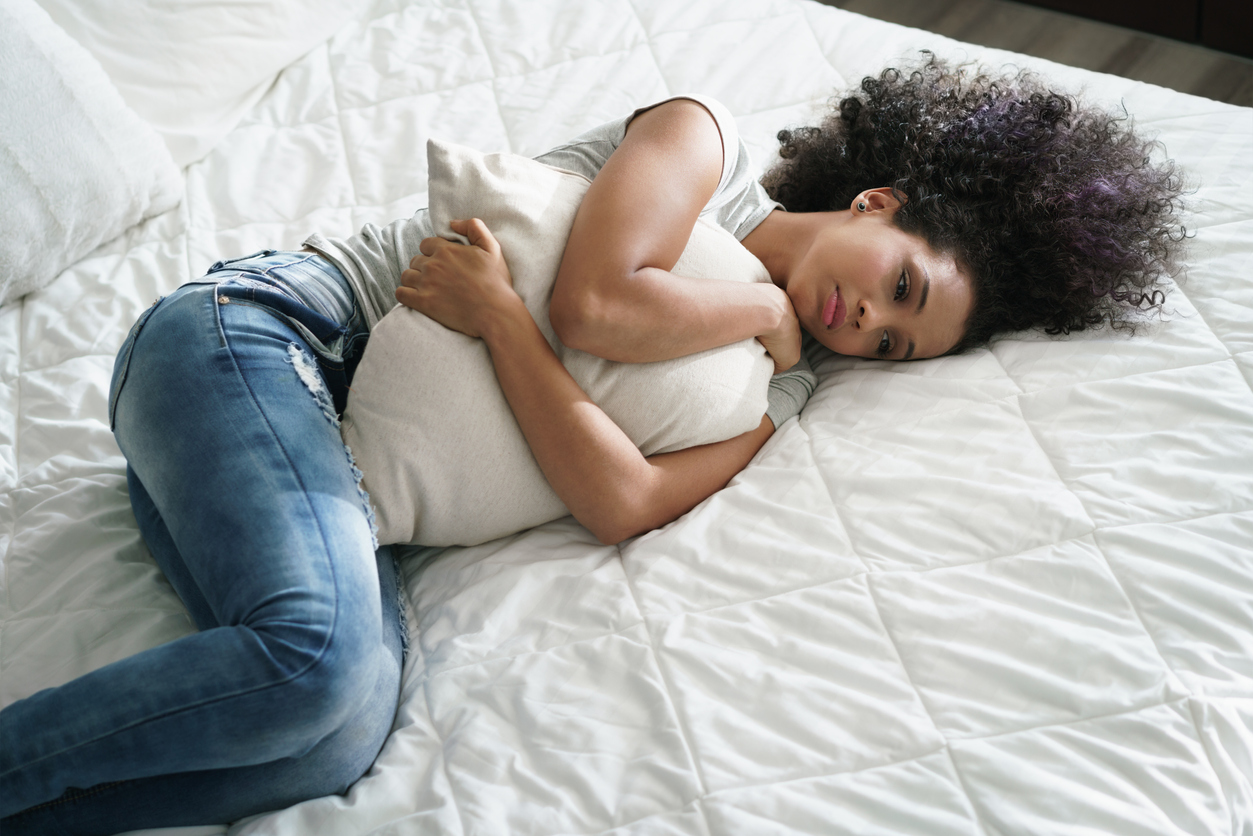Is Melatonin Safe For Kids?
September 2, 2023
This Little-Known Menopause Symptom Has Women Wishing For A Hot Flash
September 2, 2023Stress has reached an all-time high. Can you feel it?
A 2020 Stress in America study by the American Psychological Association (APA) has revealed some, well, stressful findings. Eight out of every ten adults report significant stress in their lives, and mental health experts fear a growing national mental health crisis.
That’s the bad news. But there is good news, too. While you may not be able to control your external circumstances, like a global pandemic, federal or local regulations, school closures, or business closures, there are some things you can control.
And there’s one small thing you can do now to start reducing your stress levels:
Get better sleep.

The Sleep and Stress Connection
It can be hard to sleep when you’re feeling stressed, worried, anxious, or panicked. Unfortunately, when your body doesn’t get the sleep it needs, it responds by boosting levels of stress hormones. It becomes a vicious cycle: stress interrupts your sleep, which adds more stress to your body … which makes sleep even harder to find.
Your body needs deep, restful sleep to stop the production of stress hormones. But how can you break the stress-sleep cycle to get the rest you need?
How to Sleep Better so You Can Stress Less
Your body is already dealing with the physical demand of stress. So don’t add to its workload by pumping it full of alcohol, medicines, or over-the-counter sleeping remedies, which could be taxing your liver and kidneys or disrupting your natural sleep cycles.
Here are a few ways to take a more natural approach to better sleep.
Turn Off the Screens
Screen time is a big no-no before bed, particularly if you’re struggling with sleep issues. Not only does the blue light from TV, computer, and smartphone screens trick your mind into not producing melatonin and signaling to your brain that it’s bedtime, it can also add to your stress levels.
If you’re watching bad news on the TV or engaged in a mask-vs-no-mask debate on social media, your body could be pumping out more stress chemicals, elevating your heart rate, and making an easy bedtime entirely out of reach.
Once the sun goes down at night, or at least a few hours before bed, put all the screens away. Pick up a good book to wind down, instead.
Get Plenty of Magnesium
Magnesium is an essential mineral that plays a role in over 600 different cellular reactions in your body. Magnesium activates the parasympathetic nervous system that helps get you calm and relaxed and regulates the hormones and neurotransmitters that guide sleep-wake cycles.
Stress robs your body of magnesium.
When cortisol levels go up, magnesium levels go down. When magnesium levels go up, cortisol levels go down.
If you’re feeling stressed, have your doctor check your magnesium levels. A high-quality magnesium supplement may be just the thing you need to help you reduce your stress levels and help you sleep better. Other ways to get more magnesium into your body include transdermally from magnesium lotions, soaking in a warm pre-bedtime bath with Epsom Salts, and eating more magnesium-rich foods like dark chocolate, avocados, and nuts.
Create a Calming Sleep Environment
When you’re struggling to sleep, your bedroom can feel more like a war zone than an oasis of calm. Take control of your physical sleeping environment so that your bedroom is only a place for sleeping and relaxing.
- Save the bed for sleeping and sex only; don’t make it your TV-watching spot or workspace
- Ensure your bed is comfortable: pay attention to pillows and bedding
- Keep your bedroom healthy and free from allergens and chemicals
- Keep your room clean and organized
- Use calming essential oils to relax the body
- Create a meditation space in your room and practice deep breathing and mindfulness
Control What You Can
It’s perfectly natural to feel stressed during these times. But you don’t have to let stress overwhelm you. Take control of what you can inside your home. And make restorative, restful sleep a priority; it’s your best weapon against stress, worries, and anxiety.

